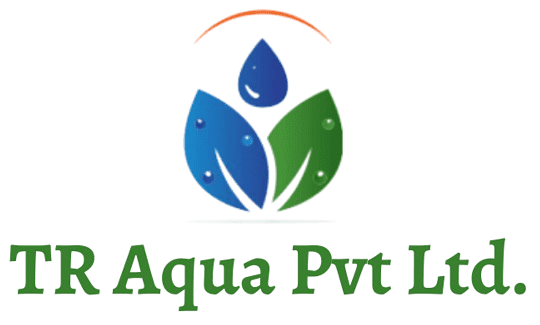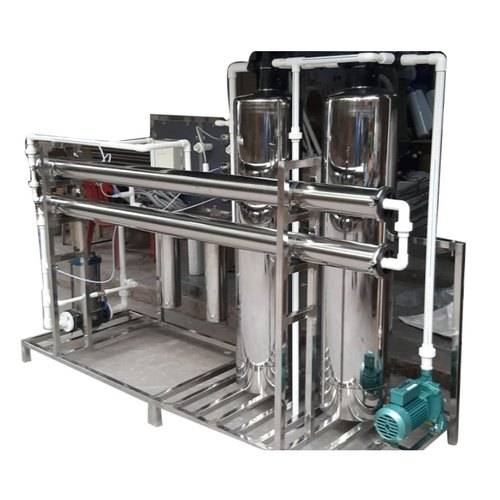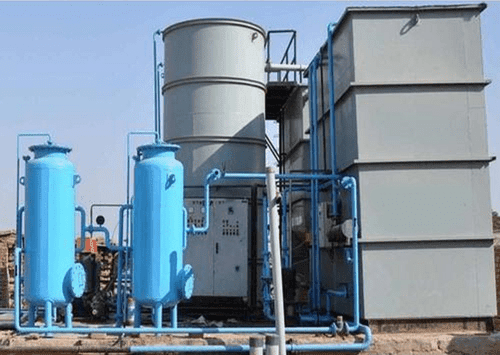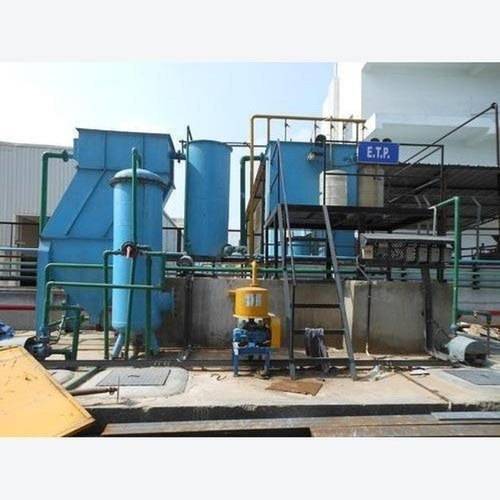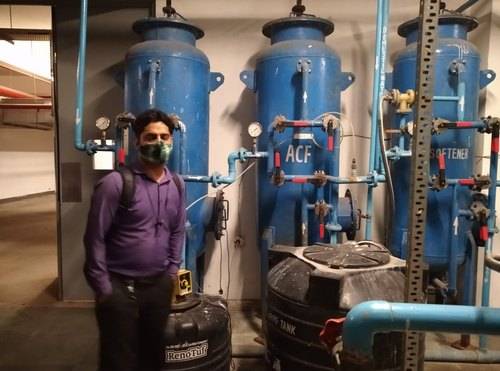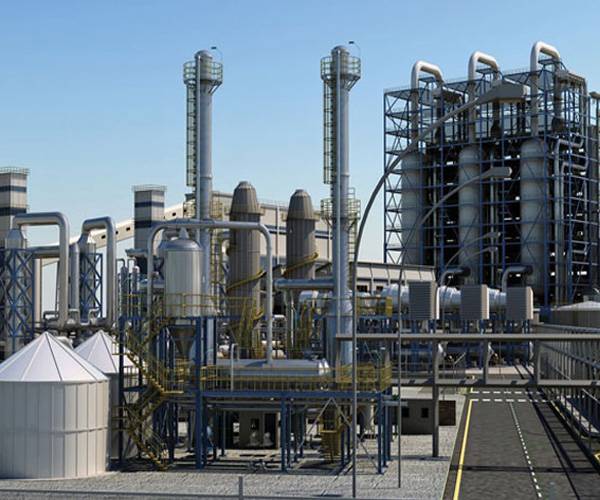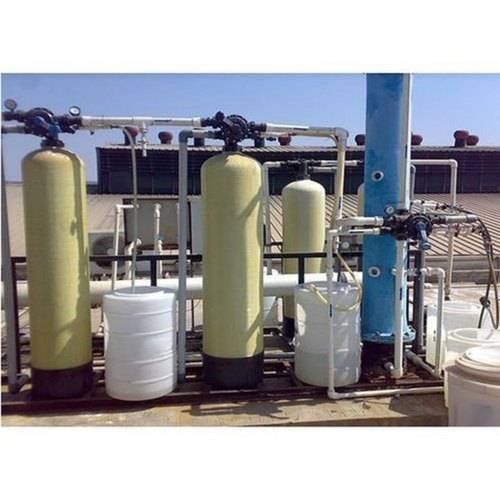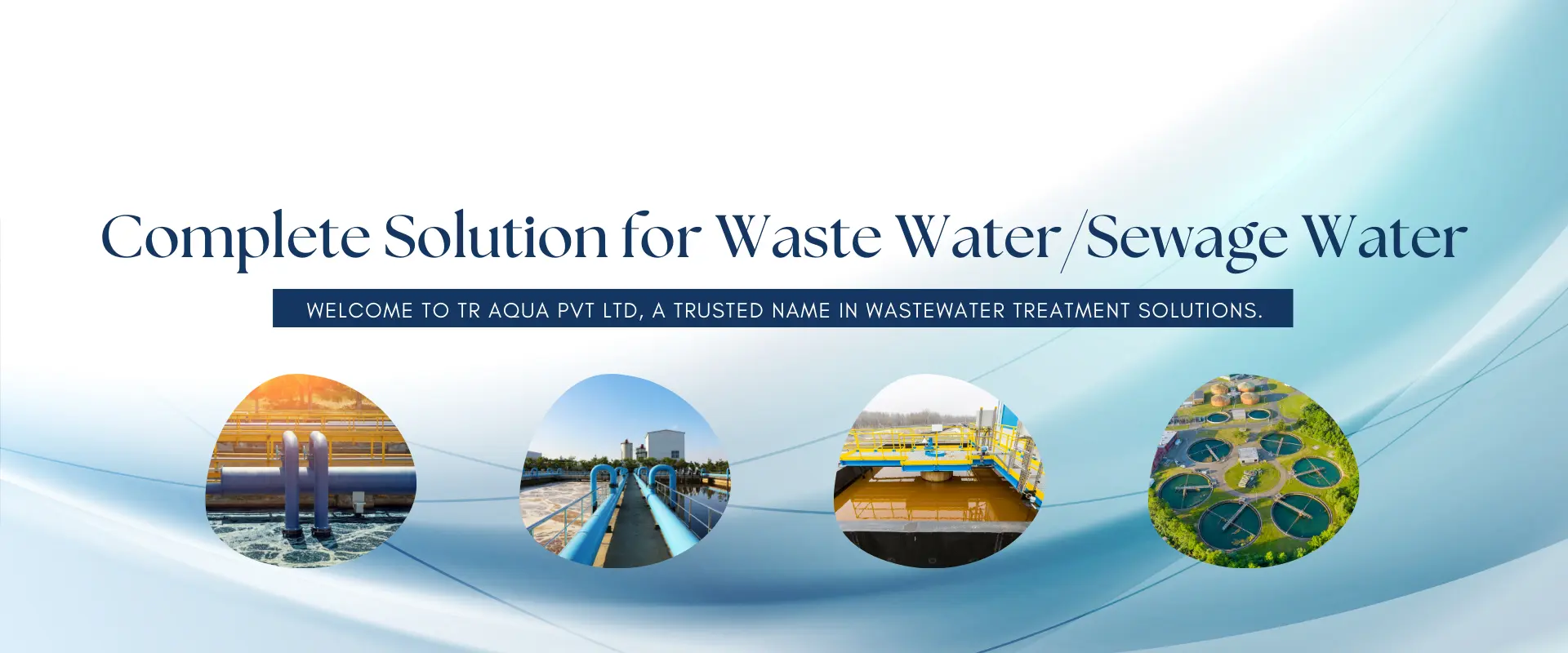
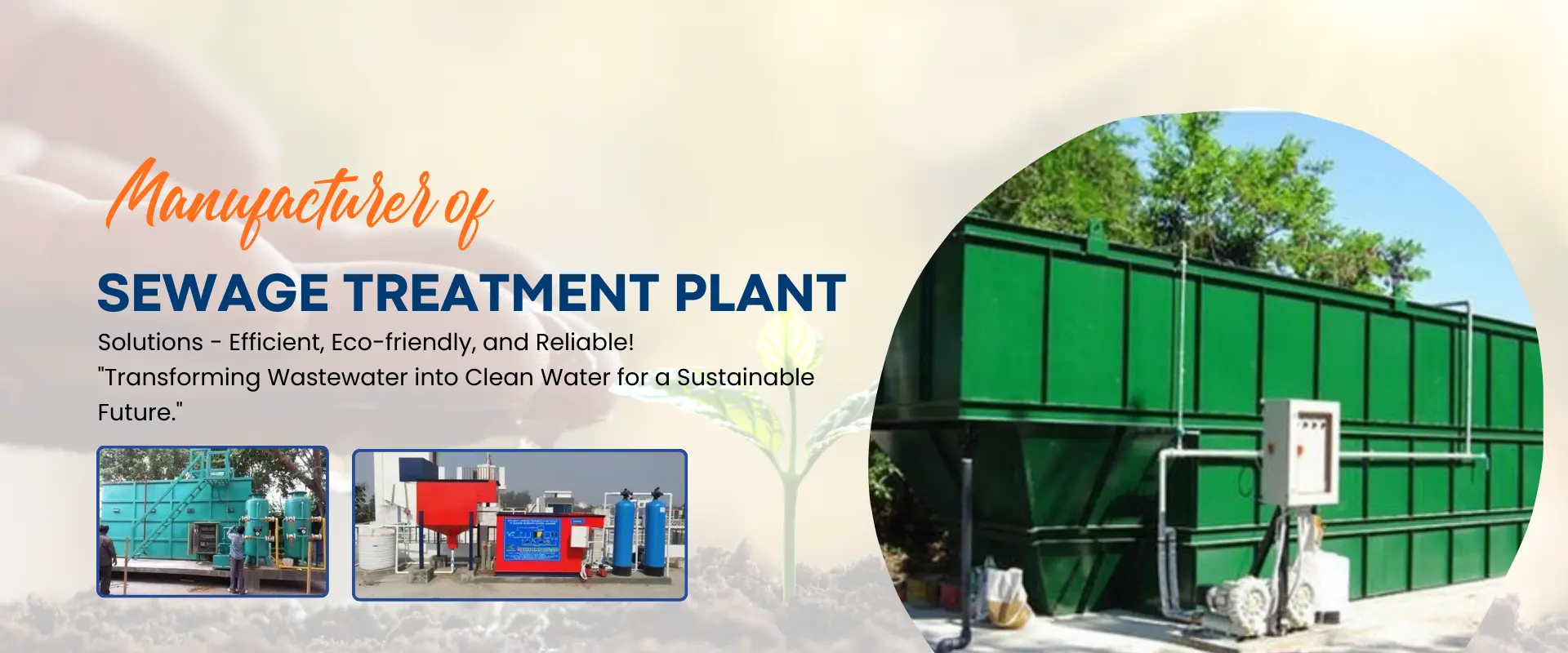

Welcome to TR AQUA Private Limited
Wastewater Treatment Plant Manufacturers in Delhi/NCR
TR AQUA is a leading manufacturer and supplier of a qualitative range of water treatment and wastewater treatment products, including industrial RO plants in Delhi, Noida, Faridabad, Ghaziabad, Gurugram. We are an ISO 9001:2015-certified company committed to providing high-quality, efficient, and effective customizable solutions to our valued customers for all their water and wastewater management needs. We are currently serving Pan India.
OUR PRODUCT RANGE

155
Project Completed
175
Happy Clients
22 +
Exp. Engineers
Why Choose Us
We are the leaders in wastewater treatment plant manufacturers in Delhi/NCR, India. We provide the most cost-effective solutions using the latest innovative technologies. We are planning to develop an Indian network of dealer agents to develop relationships with our customers.
Industrial Products
We offer total water and environment management solutions for all sectors - infrastructure, industry, institutions, municipal, homes and communities, urban and rural.
Our Strength
We are leading manufacturer of water and non-water specialty applications, membranes, water treatment chemicals and specialty process chemicals, in ISO 9001 : 2015, certified facilities, water quality association members.
Vission & Mission
We are leading water treatment plant manufacturing company in Delhi, India and are guided by the dream of becoming the leader in the world market as well. We are also focusing on diversification of our products so that each and every need of our clients can be effectively met.
